The commonly used medicinal herbs for dispelling wind and dampness and soaking wine include Duhuo, Weilingxian, Wujiapi, Mulberry Parasite, Achyranthes Achyranthes, etc. These medicinal herbs have the effects of dispelling wind and dampness, relaxing tendons and activating collaterals, and are suitable for relieving symptoms such as rheumatism and joint pain.
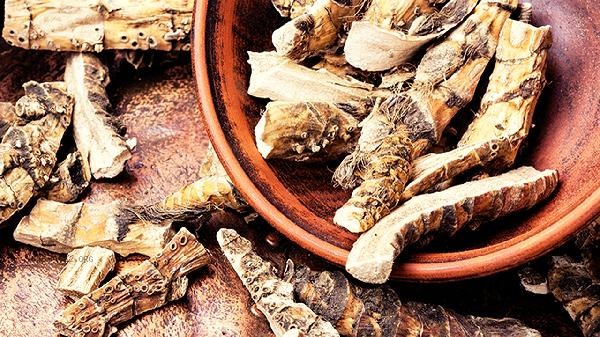
1. Duhuo
Duhuo has a slightly warm and bitter taste, and belongs to the kidney and bladder meridians. It has the effects of dispelling wind, removing dampness, promoting rheumatism, and relieving pain. Duhuo is commonly used to treat symptoms such as wind cold dampness and rheumatism, as well as lower back and knee pain. Its effective ingredients can help alleviate joint swelling and pain. Soaking Duhuo liquor can enhance its blood activating and meridian unblocking effects, but it should be used with caution for those with yin deficiency and blood dryness.
2. Weilingxian
Weilingxian is warm in nature, spicy and salty in taste, and belongs to the bladder meridian. It has the effects of dispelling wind and dampness and promoting meridian circulation. Weilingxian has a good relieving effect on symptoms such as rheumatism and numbness in limbs, especially suitable for treating joint flexion and extension difficulties. Soaking Weilingxian wine can enhance its wandering ability, but it is not suitable for long-term use by those with weak qi and blood.
3. Wujiapi
Wujiapi has a warm and bitter nature, and belongs to the liver and kidney meridians. It has the effects of dispelling wind and dampness, and strengthening muscles and bones. Wujiapi can not only relieve rheumatism and pain, but also nourish the liver and kidneys, strengthen the waist and knees, especially suitable for middle-aged and elderly people with rheumatism and liver and kidney deficiency. Wujiapi soaked wine can enhance its nourishing effect, but it should be used with caution for those with yin deficiency and excessive fire.
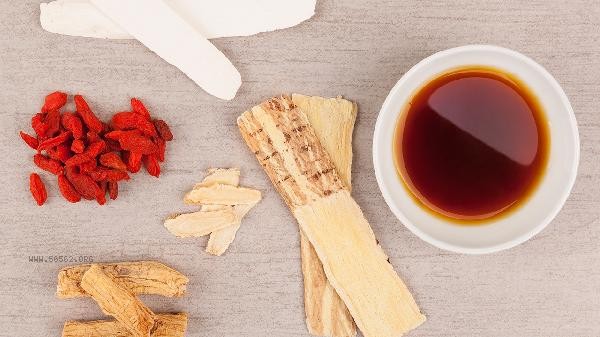
4. Mulberry Parasite
Mulberry Parasite has a mild and bitter taste, and belongs to the liver and kidney meridians. It has the effects of dispelling wind and dampness, nourishing the liver and kidneys, and strengthening muscles and bones. Mulberry parasitism is particularly suitable for treating patients with chronic rheumatism and liver and kidney deficiency, which can alleviate symptoms such as soreness and weakness of the waist and knees, and muscle and bone weakness. Soaking mulberry parasites in wine can enhance its nourishing effect, but it is not suitable for people with external fever.
5. Achyranthes Achyranthes
Achyranthes Achyranthes has a mild, bitter, and sour nature, and belongs to the liver and kidney meridians. It has the effects of promoting blood stasis, nourishing the liver and kidneys, and strengthening muscles and bones. Achyranthes can not only relieve rheumatism, but also promote blood circulation and unblock meridians. It has a significant effect on patients with rheumatism, rheumatism, and pain, as well as those with blood stasis obstruction. Soaking Achyranthes in wine can enhance its blood activating effect, but it is contraindicated for pregnant women and those with excessive menstruation.
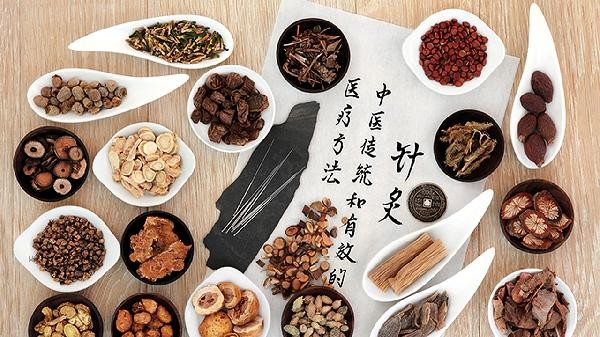
When using medicinal materials to soak wine to dispel wind and dampness, it is recommended to choose pure grain Baijiu with a temperature of more than 50 degrees. The ratio of medicinal materials to wine is generally 1:10, and the soaking time should be 15-30 days. Drink 1-2 times a day, 10-20 milliliters each time, not in excess. Individuals with severe or prolonged symptoms of rheumatism should seek medical attention promptly and cooperate with other treatment methods under the guidance of a doctor. During the process of brewing medicinal liquor, attention should be paid to storing it in a dark and sealed manner, and the medicinal residue should be filtered before consumption. Individuals with special constitutions or chronic diseases should choose appropriate medicinal herbs under the guidance of traditional Chinese medicine practitioners to avoid self abuse.

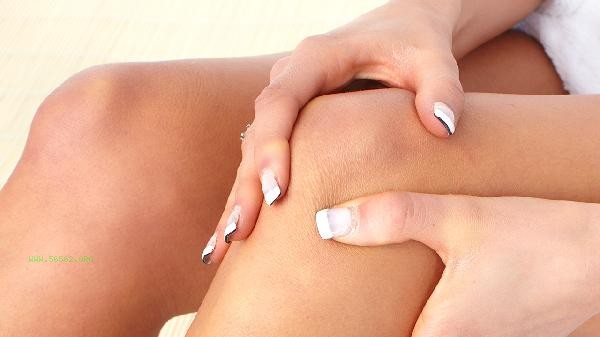
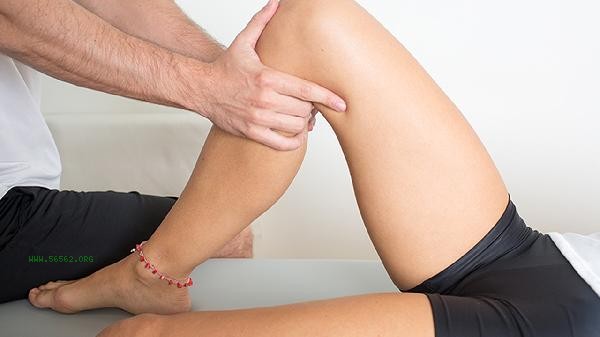
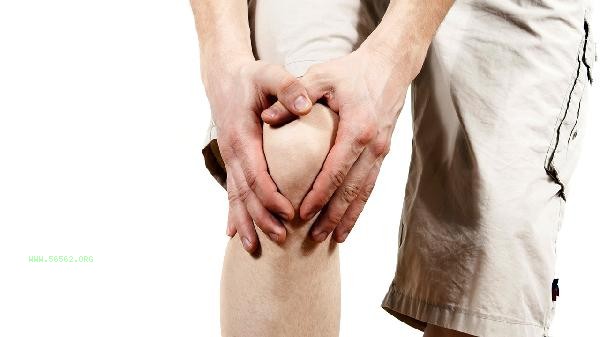
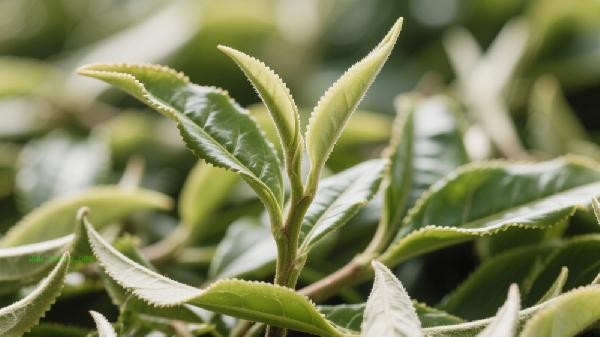
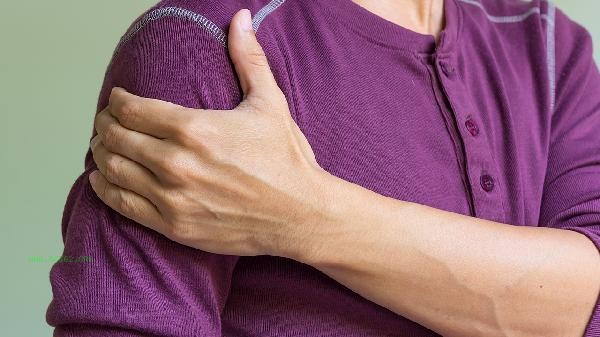



Comments (0)
Leave a Comment
No comments yet
Be the first to share your thoughts!